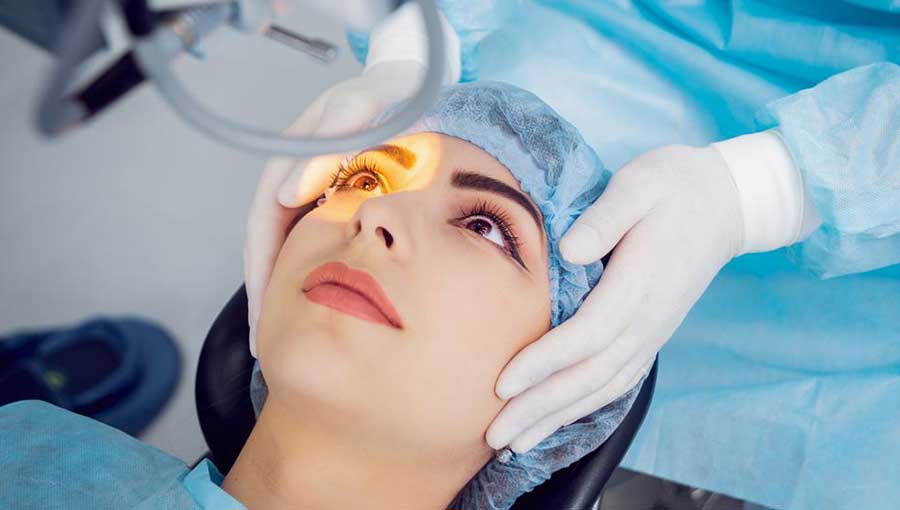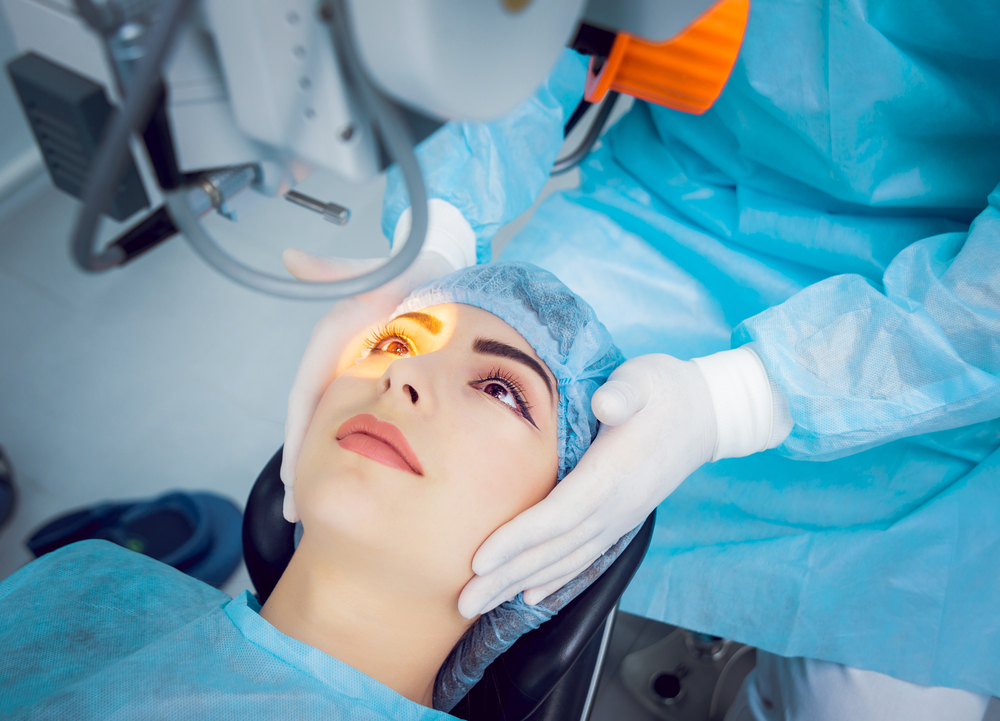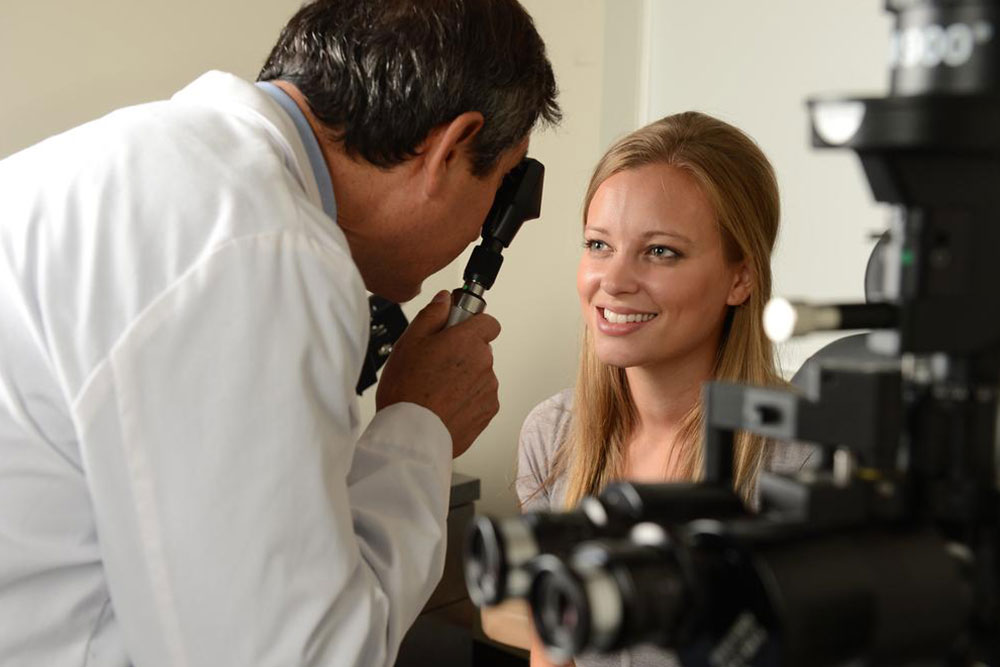Comprehensive Guide to Cataract Surgery: What You Should Know
This comprehensive guide provides essential information about cataract surgery, including reasons, procedures, preparation, recovery, and tips for patients. It highlights advancements, costs, and safety measures, helping individuals make informed decisions about their eye health and surgical options. With a high success rate and quick recovery, cataract surgery can significantly improve vision and quality of life.

Understanding Cataract Surgery: Key Facts and Insights
Cataracts, characterized by the cloudiness of the eye's lens, lead to blurred vision that glasses cannot correct. The most effective solution is surgical removal of the cloudy lens. As cataracts progress, vision deteriorates, especially in individuals over 50, with most cases occurring in those above 80. Advances in medical tech have made early detection and treatment possible. The cost of surgery varies depending on the procedure type and the medical facility chosen.
Reasons for Cataract Surgery
Not all cataracts require immediate surgery; small or early-stage cataracts may be managed with glasses or enhanced lighting. However, as the condition worsens, it impairs vision, affecting daily activities. When vision becomes significantly blurred or colors fade, surgery offers a reliable correction. The investment in surgery is justified by restoring clear sight in just a few days.
Surgical Procedure Overview
The operation involves removing the affected natural lens and replacing it with a synthetic intraocular lens, restoring vision. The procedure is quick, lasting around 15 minutes, with recovery typically taking about a month. During surgery, the cloudy lens is extracted, and a new lens is implanted behind the iris, with incisions sealed securely. Modern laser techniques have improved safety and outcomes compared to traditional ultrasound methods.
Preparation and Post-Operative Care
Patients are advised to undergo tests to determine eye measurements before surgery. Proper preoperative nutrition, especially foods rich in vitamin E, supports healing. On the day of surgery, fasting is recommended for 12 hours. Post-surgery, prescribed eye drops help prevent infection, and avoiding bright lights is suggested for a month. Resting adequately and shielding the eye are vital for proper recovery. Full healing occurs within approximately 8 weeks, with a 90% success rate—vision usually significantly improves, often eliminating the need for glasses.
Important Tips for Patients
While cataract surgery is routine worldwide, thorough research and consultation with multiple specialists are advisable. Confirm whether surgery is necessary based on detailed assessments. The costs vary across practitioners and may be covered by insurance. Preparing properly for the procedure and following all medical advice ensures a smooth experience and optimal results.
Post-Surgery Expectations and Precautions
Postoperative mild side effects such as soreness, itching, or fluid discharge are common; serious complications are rare. Immediate concerns include infection, bleeding, or retinal detachment, requiring prompt medical attention. Wearing a protective shield, avoiding pressure on the eye, and refraining from bright lights facilitate healing. Complete recovery usually occurs within 8 weeks, with the majority of patients experiencing clearer vision and a significant reduction in dependency on glasses.
Note:
The information provided aims to educate readers about cataract surgery. It should not replace professional medical advice. Always consult healthcare professionals for personalized recommendations and confirm coverage and costs with your insurance provider.









